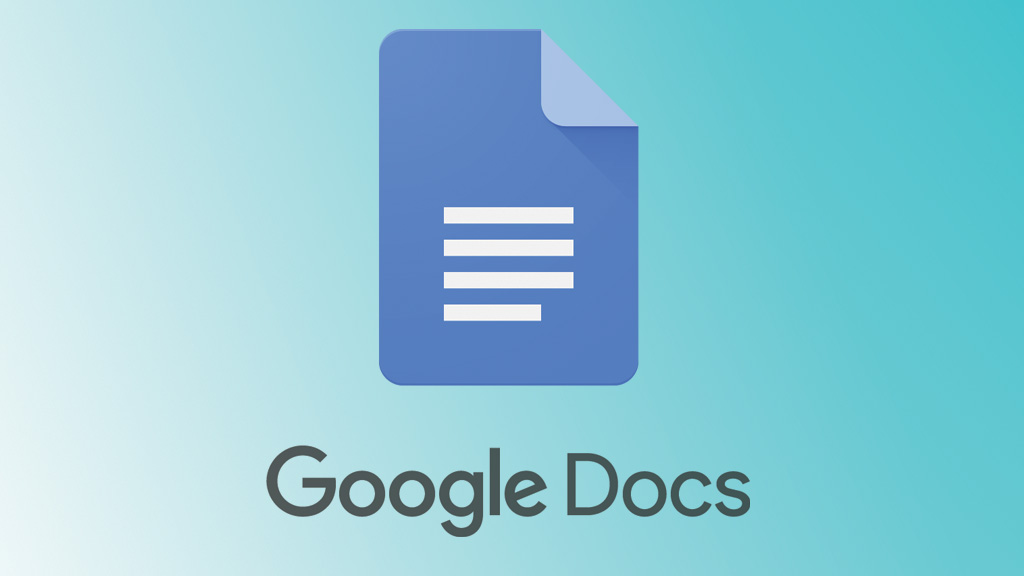Google Docs deploys new AI grammar checker to eradicate your mistakes
Suite business

Sign up for breaking news, reviews, opinion, top tech deals, and more.
You are now subscribed
Your newsletter sign-up was successful
Don't write none too good? Your* in luck, because Google has announced a number of updates for its G Suite series of products that will provide users with some AI-powered grammar assistance in Google Docs, among other things.
The Google Docs update, which is rolling out now to members of Google's Early Adopter Program, is said to use machine translation to spot simple grammatical errors and larger sentence structure issues, and will even teach you how to use subordinate clauses correctly.
It's also promised that Google's machine learning will improve and adapt over time in an effort to detect and combat trickier grammar issues.
Thankfully, the AI functionality has been built into Google Docs natively as part of the update, meaning your documents will remain safe and secure.
That's pretty Suite
Along with its changes to Docs, Google has announced that it's bringing Gmail's Smart Reply functionality to Hangouts Chat, allowing you to respond to messages instantly by selecting from a number of short reply suggestions.
Speaking of Gmail, Google has announced that it's bringing Smart Compose to G Suite customers. The feature, which was announced at Google I/O in May, will help autocomplete your emails for you when you're short on time but can't fully get your message across using Smart Reply — think of it like the predictive text functionality used in phones, only with the ability to pull in complete phrases, addresses and more.
And, in an effort to keep its customers safe, Google has introduced a new investigation tool in security center, which will offer "security analytics, actionable insights and best practice recommendations from Google to help you protect your organization, data and users."
Sign up for breaking news, reviews, opinion, top tech deals, and more.
Furthering its efforts to improve customer security, Google is also adding support for data regions to G Suite Business and Enterprise customers, meaning organizations will now be able to geographically choose where their data is stored. At present, the only available options are the US and Europe.
*You're

Stephen primarily covers phones and entertainment for TechRadar's Australian team, and has written professionally across the categories of tech, film, television and gaming in both print and online for over a decade. He's obsessed with smartphones, televisions, consoles and gaming PCs, and has a deep-seated desire to consume all forms of media at the highest quality possible.
He's also likely to talk a person’s ear off at the mere mention of Android, cats, retro sneaker releases, travelling and physical media, such as vinyl and boutique Blu-ray releases. Right now, he's most excited about QD-OLED technology, The Batman and Hellblade 2: Senua's Saga.